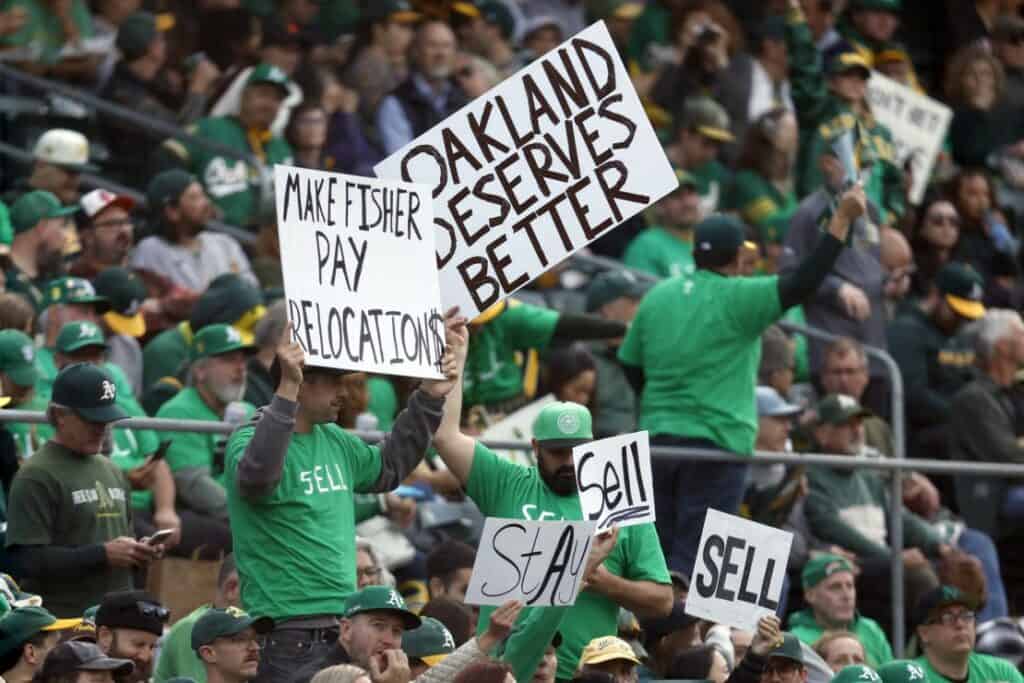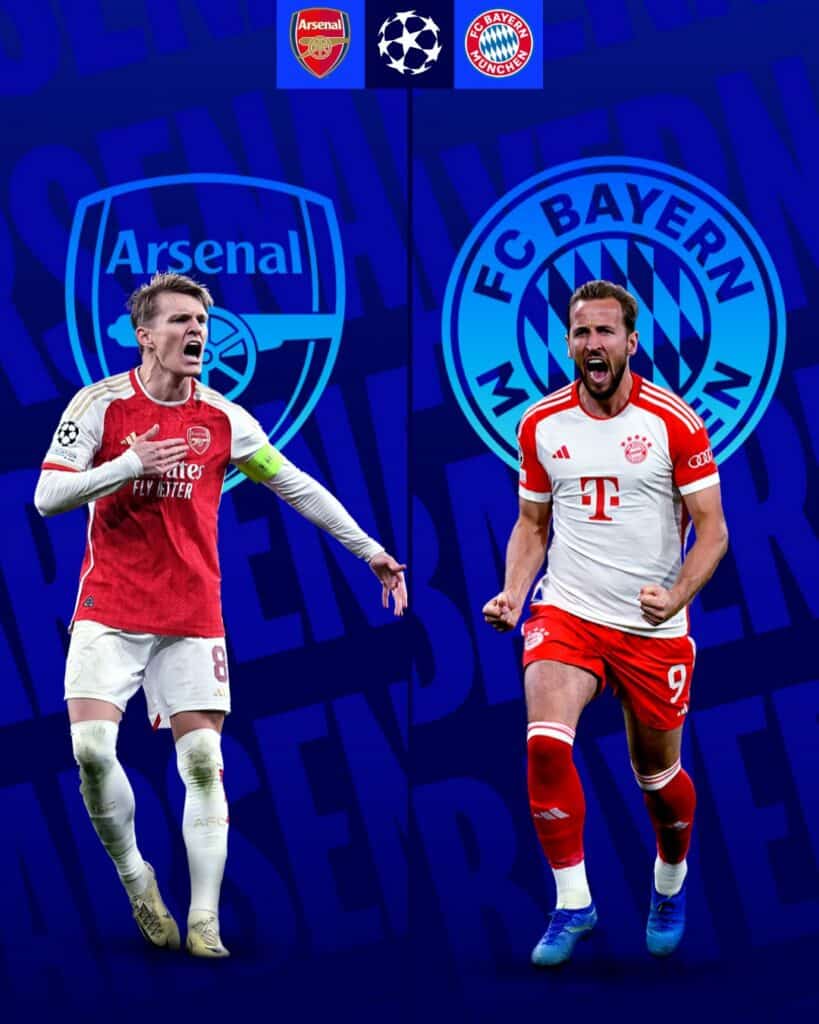Eli Manning. When some football fans hear that name, many different thoughts can come to mind. Longtime Giants quarterback. The guy who always got caught on camera making a goofy face. The guy who always did that shoulder pad shrug after throwing a terrible pass for an interception. Speaking of interceptions, he’s the guy who threw a lot of them.
When other fans think of Eli Manning, they immediately see him holding up the Lombardi Trophy on the parade float twice in four years. The guy who led two of the greatest playoff runs in recent memory, maybe even all time. The face of a franchise who won the Walter Payton Man of the Year Award.
Manning’s been retired for one full season now, and in 2024 his name will be eligible for the Hall of Fame ballots. This debate goes back and forth across the NFL community all the time, and it never really reaches a conclusion. There’s reasons he shouldn’t be in, and there’s reasons he should be.
First, let’s look at the possible reasons Manning should not be in the Hall of Fame.
Just an Average Quarterback
When you think of the Pro Football Hall of Fame, you think of the best of the best, position by position, across the entire board. An undisputed group of the greatest players to ever play in the National Football League.
That’s not exactly Eli Manning. I’m not arguing that he is.
Manning went 117-117 in the regular season as a starter, a true .500 record. And that’s how many people saw him. Just an average quarterback. He threw way too many interceptions, leading the league in 2007 (20), 2010 (25), and 2013 (27).
His arm strength faded as the years racked up, and perhaps he even hung around a couple seasons too long. He played in the NFL for 16 years, and made the playoffs six times. The Giants missed the playoffs in nine of Manning’s final 11 seasons.
When you look at all this information, you probably lean more towards keeping him out of the Hall of Fame. But what’s the last thing that was mentioned?
The playoffs.
When defining an athlete’s greatness, no matter the sport, experts look at how that athlete performed when the lights were brightest. On the grandest stage. When the games mattered most.
This is when the real Eli Manning, the Hall of Famer, came under center for New York.
“Playoff Eli” = ELIte
Regular season Eli and Playoff Eli were two completely different quarterbacks. Obviously the regular season is a much larger sample size, but what Manning did in the playoffs cannot go unmentioned, especially when deciding his Hall of Fame status. It’s time to make the facts clear.
Playoff Eli was what any playoff team trying to make a run would ask for.
Manning played 12 playoff games in his career, going 8-4. All 8 of those wins, however, came in the Super Bowl runs of 2007 and 2011.
In these two runs, Manning combined to throw 15 touchdowns and two interceptions. He also threw for 1,219 yards in the 2011 run alone, an average of 305 yards per game. Manning took home both Super Bowl MVP’s.
Five NFL players have won multiple Super Bowl MVP’s: Bart Starr, Terry Bradshaw, Joe Montana, Tom Brady, and Eli Manning.
Manning has more playoff wins than Jim Kelly and Steve Young.
Manning has more road playoff wins (5) than Brady, Brett Favre, and Peyton Manning.
In 2007 and 2011, Manning and the Giants defeated Packers legends Favre and Aaron Rodgers at Lambeau Field, respectively.
The Green Bay Packers have played 25 playoff games at Lambeau Field in their storied history, and only lost six of them. Two of those losses are from Eli Manning’s Giants.
Manning sits inside the top 10 for all-time passing yards (8) and touchdowns (9). He was a four-time pro bowler, and finished in the top 10 in quarterback rating (QBR) four times (’08, ’09, ‘11, ‘12).
And, of course, the fact that always gets mentioned…
Manning 2, Brady 0
Manning’s two Super Bowl victories are against Tom Brady, Bill Belichick and the New England Patriots. Only two quarterbacks have defeated Brady in the Super Bowl during his tenure with New England, and Manning’s one of them.
Not only is he one of them, but he did it twice in four years, and played good in both games. He combined for 551 yards, three touchdowns and one interception, not to mention being on the throwing end of arguably two of the greatest plays in Super Bowl history.
Manning finished his career with 37 game-winning drives, including those two Super Bowl’s, ranking 11th all-time.
A funny tidbit that gets thrown into this debate is that the Giants’ defense carried Manning through both Super Bowl runs… which is interesting.
It’s interesting considering in 2007 the Giants had the 17th ranked defense, and in 2011 had the 25th ranked defense along with the 32nd ranked running game in football on offense.
Don’t get me wrong, the Giants defense played phenomenal both those years in the playoffs. But Manning was the leader of the team, and as the numbers above show, was nothing short of a winner when the lights were brightest.
Final Points
The most important thing a quarterback can be to his team is healthy. After taking over in week 11 of the 2004 season, his rookie year, Manning started the next 210 consecutive regular season games.
That’s about 14 straight seasons without missing a start. Only Philip Rivers (240) and Brett Favre (297) have started more consecutive regular season games. Clearly, few teams have had this luxury.
He may not have always looked good, but Manning was always there. He never missed a game, never caused any trouble, and it doesn’t get said enough how he handled the New York media, the toughest in sports, with such respect and humbleness.
Manning’s a face of the franchise. When you think of the New York Giants, two names immediately come to mind: Lawrence Taylor and Eli Manning.
So why, in all honesty, when you consider everything mentioned in this article, is this still a debate?
In sports, especially today, what does everybody look at when determining the “G.O.A.T”? Championships. Obviously we’re not calling Manning the “G.O.A.T”, but Super Bowl rings are a big factor come H.O.F ballot time.
Manning has two, and they’re against arguably the best coach and quarterback of all time. That undefeated 2007 New England team is still one of, if not the best, ever, and they lost to Manning and a 9-7 Giants wildcard team in the Super Bowl.
There’s plenty of current Hall of Famers who have never even played in a Super Bowl, albeit their career statistics proved themselves worthy enough by themselves.
So why, in a sport that cares so much about quarterbacks needing to win a Super Bowl to be considered “great”, is Eli Manning being declared not worthy when he’s won two?
Does every quarterback that’s won two Super Bowls deserve to be in the Hall of Fame just because they won two Super Bowls?
Absolutely not…
But the way Manning won them. The road to each one. The teams he faced, the quarterbacks he out-dueled. And most importantly, how he played in the most important games of his career is why he’s going to get in.
The last 17 years of the NFL, and the Super Bowl itself, are not the same without Eli Manning.
Bottom Line
Obviously, when it comes down to it, the opinions of us fans don’t matter. The Hall of Fame committee puts in who they want to put in.
But for the sake of this debate, the decision is easy. In fact, it’s not even a question.
Eli Manning will be in the Hall of Fame. See everyone in 2024.




